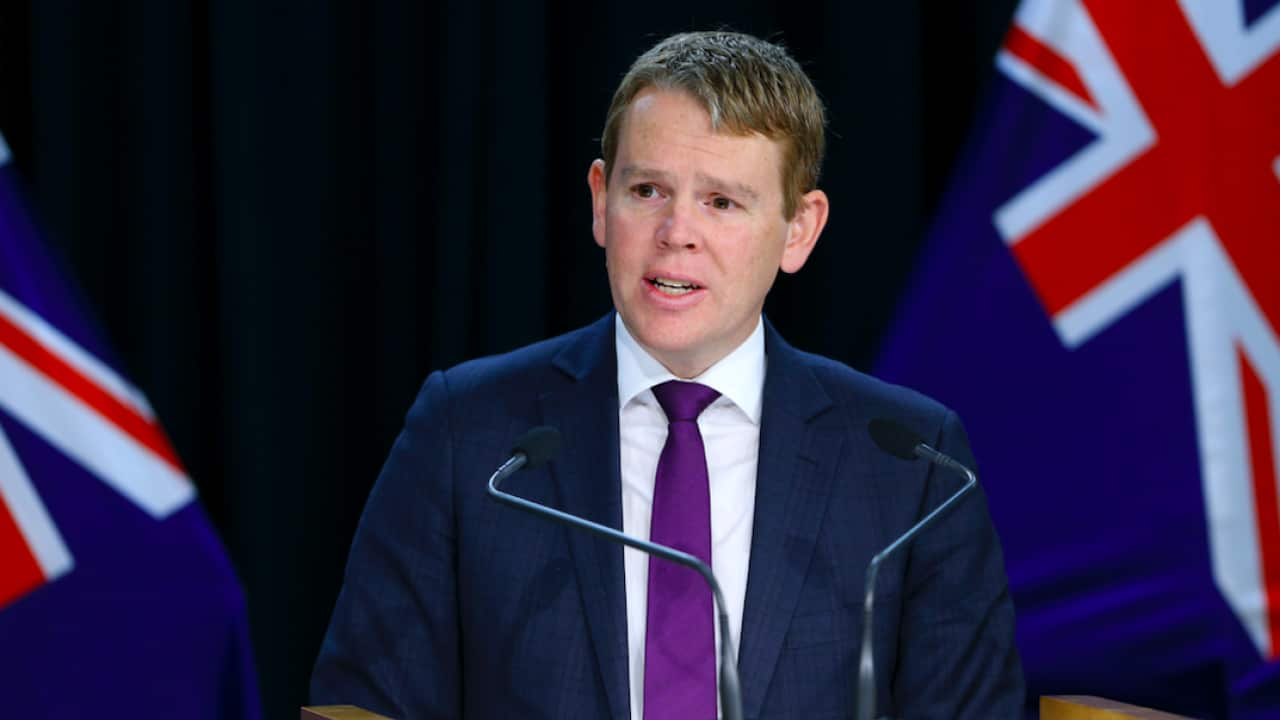New Zealand on Thursday unveiled plans to tentatively reopen its borders amid growing pressure from Kiwis stranded overseas by some of the world's toughest pandemic travel restrictions.
COVID-19 Response Minister Chris Hipkins said arrivals from a handful of tiny Pacific island nations would be granted quarantine-free travel from next month and other low-risk countries would be considered early next year.
Mr Hipkins also said the 14-day hotel quarantine period currently imposed on all overseas arrivals would be slashed to seven days in November and eventually replaced with home isolation.
He said the border previously acted as the bulwark of New Zealand's virus response, but a Delta-variant outbreak in Auckland meant most new cases were now emerging in the community.
"We are also very aware of the pressure that's been building at the border as the world begins to reconnect, and the increasing numbers of New Zealanders here and abroad who want to connect with their loved ones," he said.
New Zealand has recorded just 28 COVID-19 deaths in a population of five million and its residents have enjoyed near-normal domestic life for most of the pandemic.
But border facilities have become increasingly stretched, with tens of thousands of overseas-based New Zealanders clamouring online to book the 4,000 available quarantine rooms.
Local media regularly carry reports of Kiwis unable to visit dying relatives or facing family crises because of the quarantine requirements.
Mr Hipkins said the changes would free up more rooms and the goal was to move towards home isolation in the first three months of 2022, once 90 per cent of New Zealand's population is fully vaccinated.
He said no decision had yet been made on whether the home-isolation regime would apply only to returning New Zealanders or also include foreign travellers.
Opposition COVID-19 spokesman Chris Bishop said the plan amounted to a "bare minimum", saying fully vaccinated arrivals from low-risk countries should not have to isolate.
"It's time we reopened to the world. We can't remain shut behind the walls of Fortress New Zealand," he said.
Mr Hipkins said arrivals from Samoa, Tonga, Vanuatu and Tokelau would be quarantine-free from 8 November, mirroring existing arrangements with the Cook Islands and Niue.
He offered no clarification on whether a travel bubble with Australia was likely to reopen.
The bubble opened in April but faced numerous disruptions and was finally suspended in June as multiple outbreaks spread in Australia.



